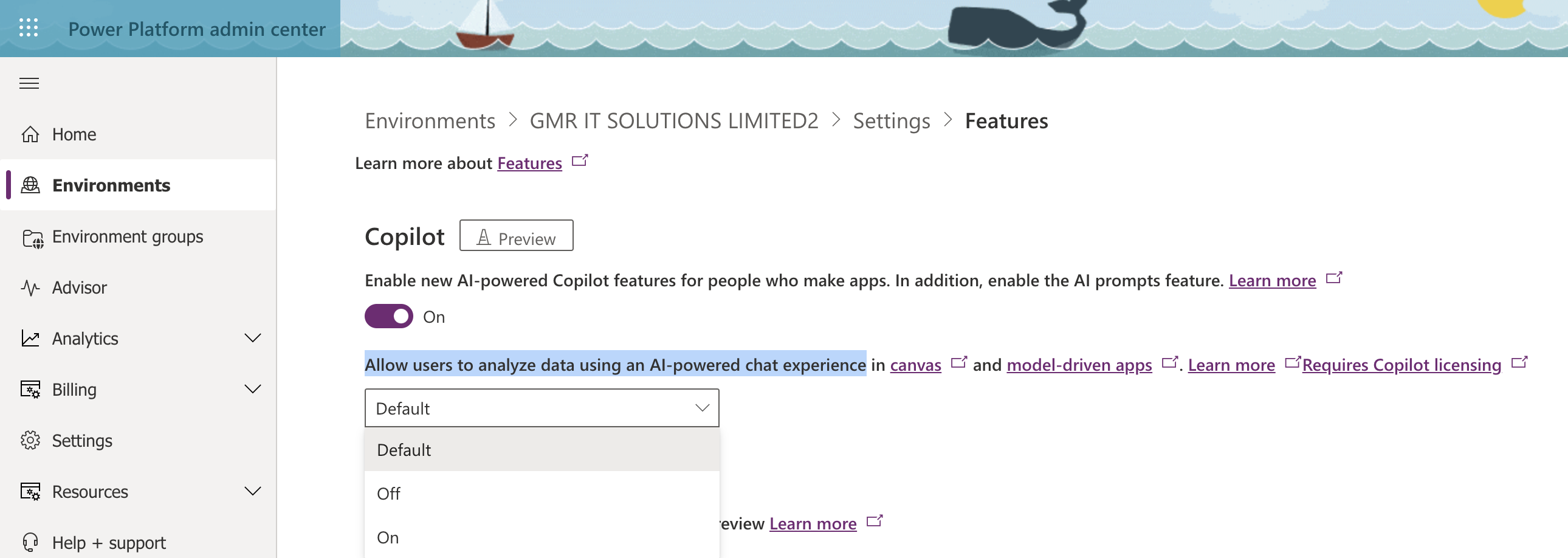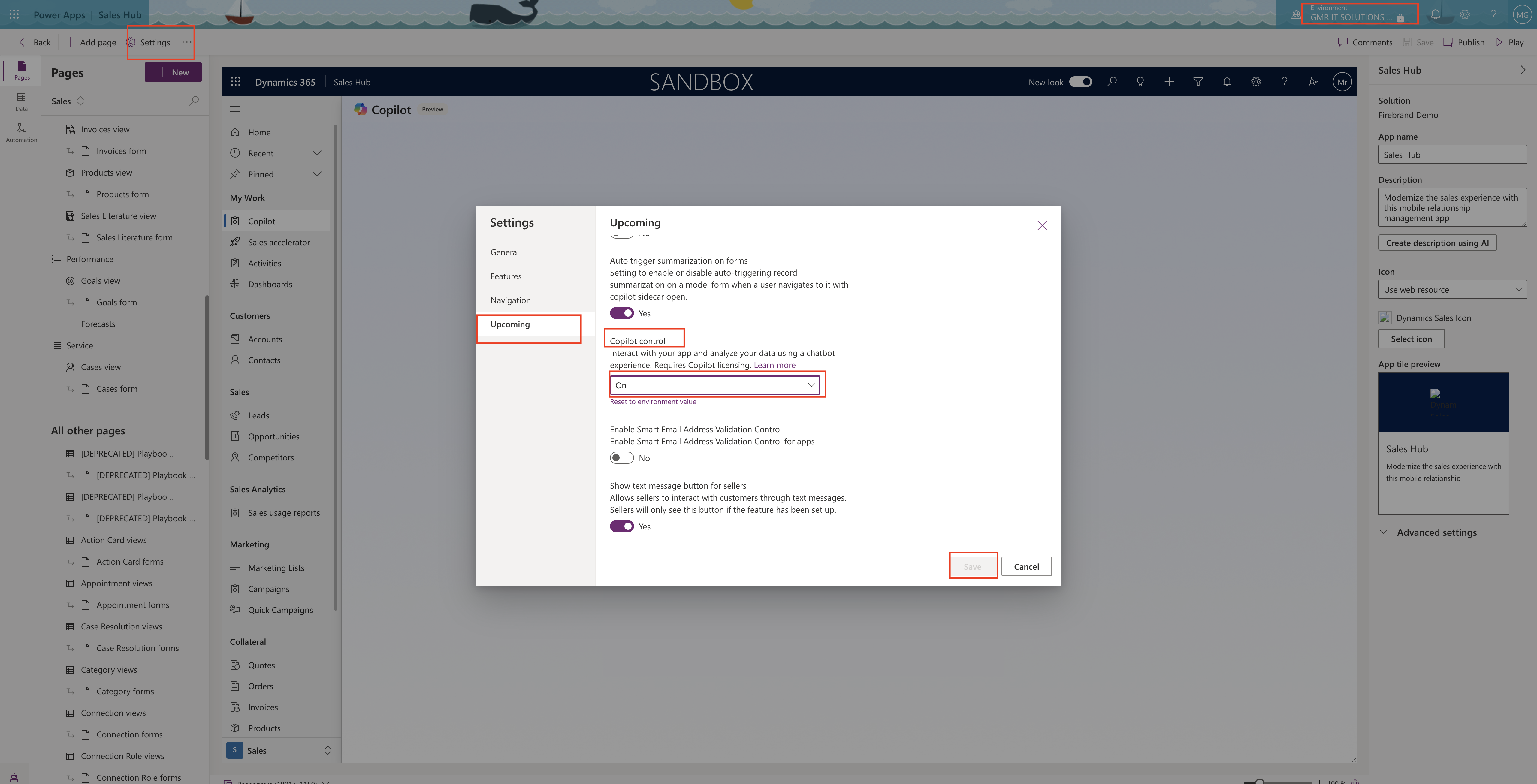Hello Everyone,
Today i am going to share my thoughts on create virtual table to native table relationships on Dataverse.

Let’s get’s started.
This new feature empowers makers to build applications through lookups and filtering using the power of virtual tables.
Allows makers to build complex multi-table applications where virtual table to native table relationships can be defined.
Enabling virtual table relationships. The following capabilities will be enabled.
Simple lookup CRUD operations.
Filters (AND, OR ) and conditions (all operators)
Order by lookup field.
Multiple lookups (CRUD, filters, conditions, ordering)
Paging
Expansion types of join (inner, left outer,..):
Link without relationship
Retrieve all attributions
Order by(expanded field, combined clauses)
Filters (AND, OR) and conditions (all operators)
Paging
Multi-level expand
One-to-many expand scenarios
That’s it for today.
I hope this helps.
Malla Reddy Gurram(@UK365GUY)
#365blogpostsin365days










